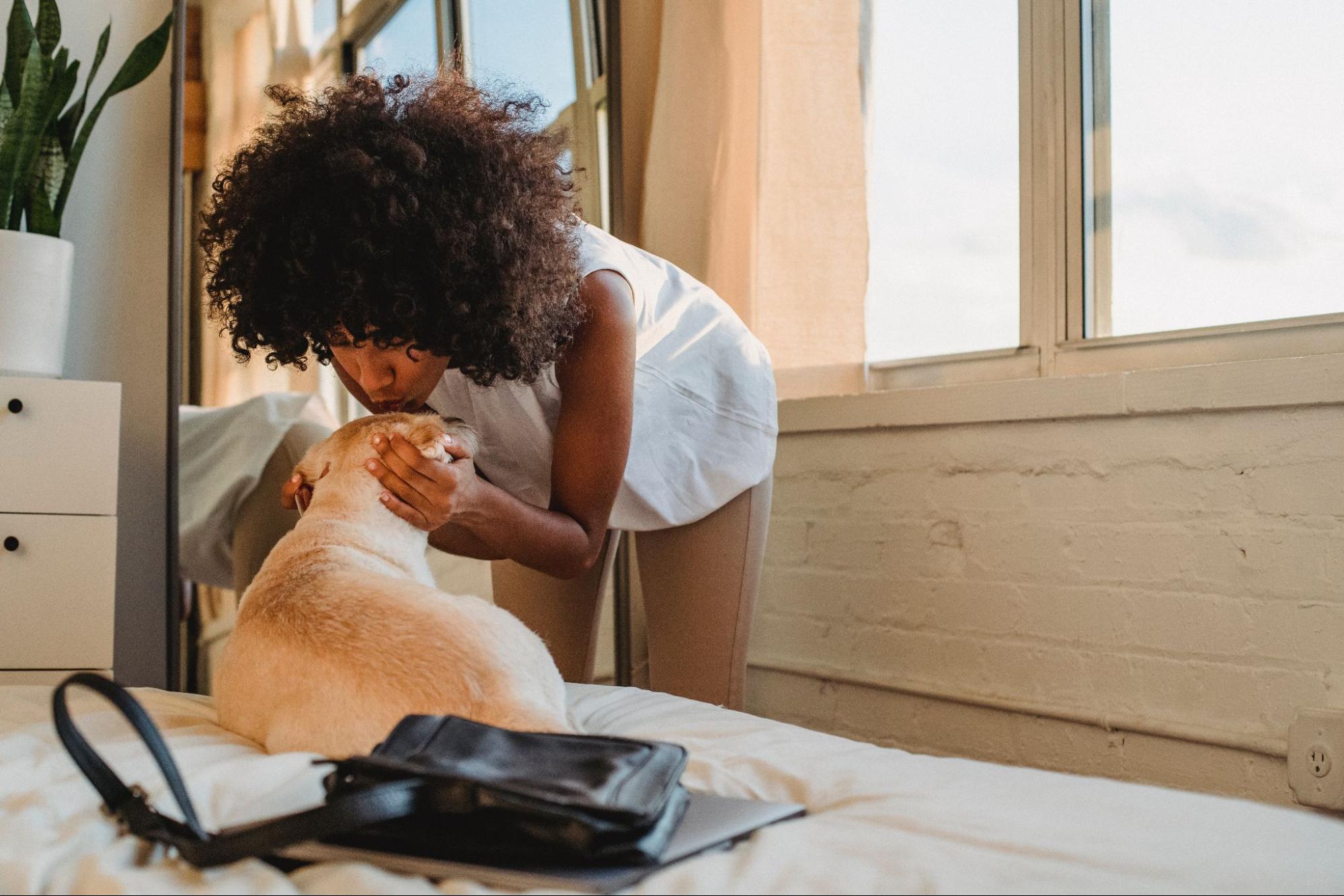How to Stop Puppy Play Biting
Navigating the world of puppy parenthood, I’ve come across one common quandary faced by many: how to curb play biting. Specifically, with Labrador puppies who are notorious for their playful and energetic demeanor. It’s essential to remember that while these bites might seem harmless initially, they can become a serious issue if not addressed promptly.
In my experience, it’s all about understanding why they engage in such behavior in the first place. Labradors are naturally active and curious creatures. Biting is one way they explore their surroundings and interact with their human counterparts. However, as adorable as your little furball might be, those sharp teeth can certainly cause discomfort or even injury.
So how do we put an end to this? Glad you asked! With patience and consistent training methods tailored specifically for Labradors, it’s possible to stop puppy play biting effectively. Let me share some invaluable tips I’ve picked up over the years.
Understanding Puppy Play Biting
Puppy play biting. It’s a rite of passage for all dog owners, especially those of us who’ve chosen to bring a Labrador into our homes. But what exactly is it? And more importantly, how can we stop it?
When you’re dealing with a Labrador puppy, one thing becomes clear pretty quickly: these little guys love to use their mouths. Whether they’re exploring the world around them or engaging in playful interaction, your Lab pup will often default to nipping and biting as a form of communication.
Now I’m not talking about aggressive behavior here. No, this is purely play biting – a natural part of canine development and something that virtually every breed engages in. In fact, among puppies, it’s considered normal social behavior.
Remember this – when your little Lab starts gnawing on your fingers or nipping at your heels during playtime, he’s not trying to harm you. He’s simply expressing his excitement or trying to get your attention.
But here’s the catch – while puppy play biting isn’t inherently harmful or malicious, it can become problematic if left unchecked. Those sharp little teeth can pack quite the punch! More so because Labs are known for their strong jaws.
So how do we curb this habit? How do we transition from tolerating playful nips to teaching bite inhibition? That’s precisely what we’ll cover in the upcoming sections of this article under “Tips for Stopping Labrador – How to Stop Puppy Play Biting”. Look forward to practical advice based on proven training methods that’ll help you handle puppy play biting effectively.
Why Do Labradors Bite?
I’ve noticed a common concern among many Labrador owners: their puppy’s biting. Now, before we jump to conclusions and label your precious pup as aggressive, it’s essential to understand that biting is quite normal in the world of dogs, especially puppies. It’s mainly how they explore their environment and interact with others.
So why do Labradors bite? The answer lies in their breed characteristics and developmental stages. Like all puppies, Labs use their mouth to learn about the world around them. They’re extremely curious by nature which can lead them to nibble on just about anything within reach – including your fingers!
When we talk about Labrador puppies, you’ll find they have an inherent love for retrieving games; after all, they’re hunting dogs bred for fetching game in the wild. This instinct means that they are naturally ‘mouthy’ breeds who enjoy carrying things in their mouths – even if it happens to be your hand at times!
Another factor contributing to puppy play biting is teething. Between 3-6 months of age, Labs go through a teething phase where new adult teeth replace their baby ones causing discomfort and an urge to chew or bite on things for relief.
While this behavior isn’t meant to cause harm or show aggression, it can become problematic if not addressed correctly. It’s here that our “Tips for Stopping Labrador – How To Stop Puppy Play Biting” come into play.
Remember folks, understanding why your Lab bites is half the battle won towards curbing this behavior effectively!

Recognizing the Signs of Play Biting
I’ve spent countless hours with pups, and if there’s one thing I’ve learned, it’s that understanding their behavior is key to successful training. When it comes to stopping your Labrador puppy from play biting, recognizing the signs is the first step.
Puppies often engage in play biting when they’re excited or seeking attention. It might seem cute at first – those little nibbles on your fingers, tugs on your pant leg. But don’t be fooled; this behavior can quickly escalate as your pup grows larger and stronger.